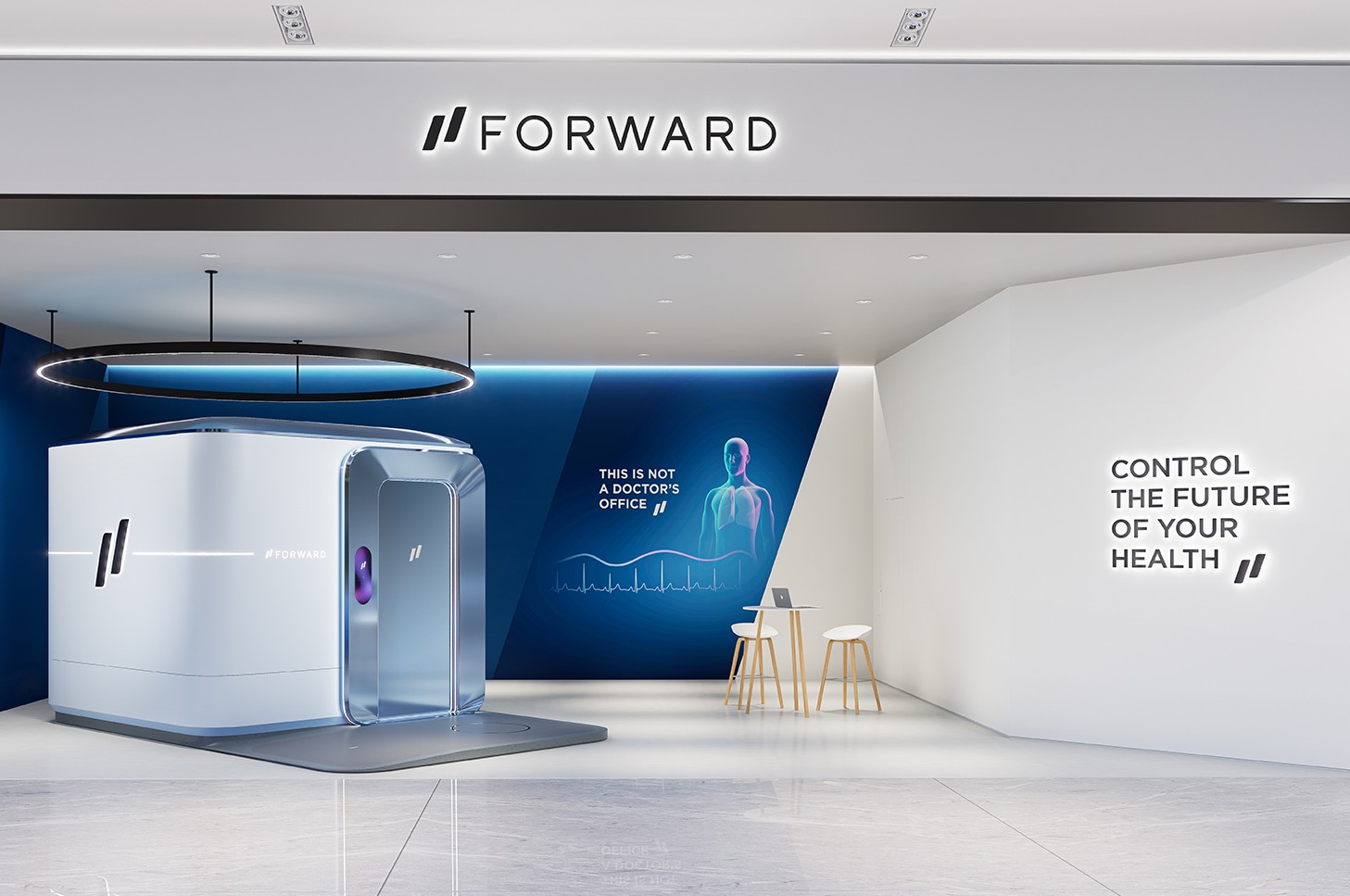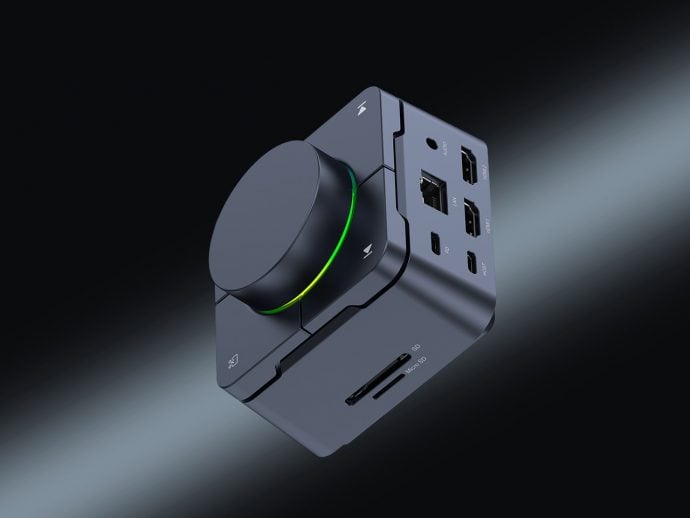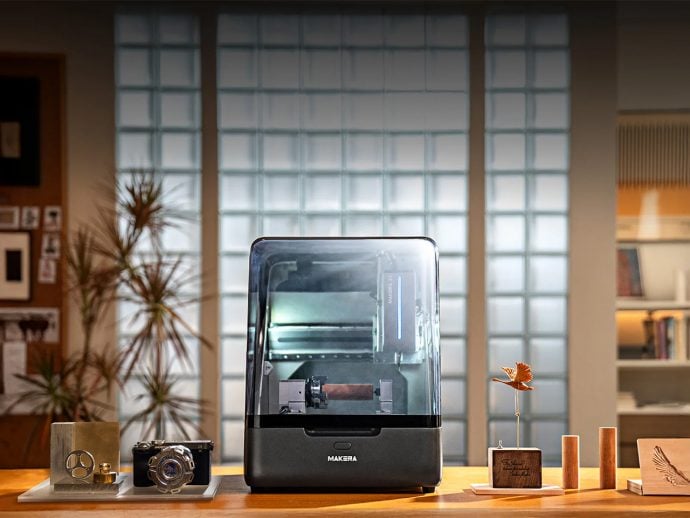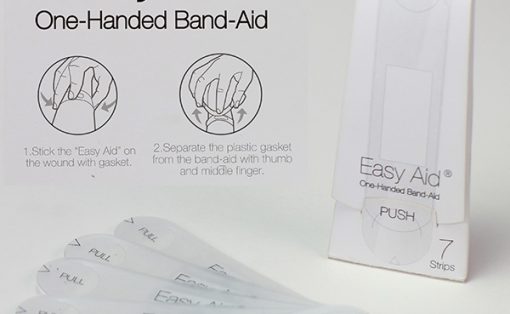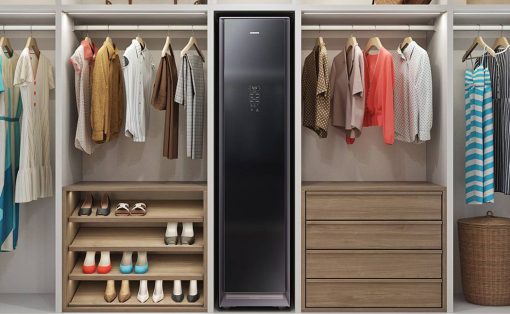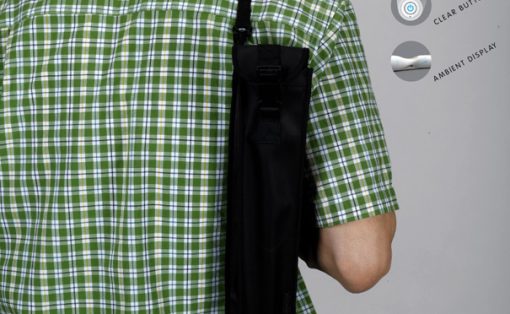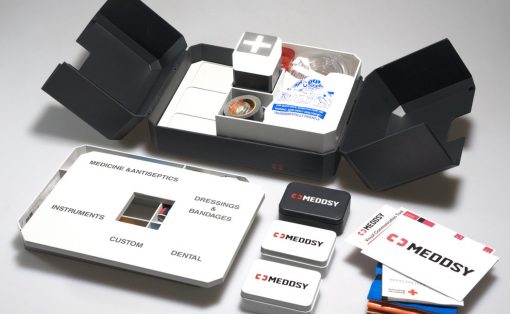Some of the hesitation in seeing a doctor regularly for checkups comes from embarrassment and fear, often because of people who are physically present during the consultation. The recent pandemic has made virtual consultations popular, but you still have to visit a clinic or hospital to actually perform tests like blood work or biometric scans. With today’s technologies, however, that shouldn’t even be necessary, at least for the most basic tests and diagnostics. Putting that theory into practice, this forward-looking cubical room combines advanced tools and everyone’s favorite special sauce, AI, to offer a “self-serve” clinic that can be set up almost anywhere so that people can have easier and less stressful access to healthcare.
Designer: Forward
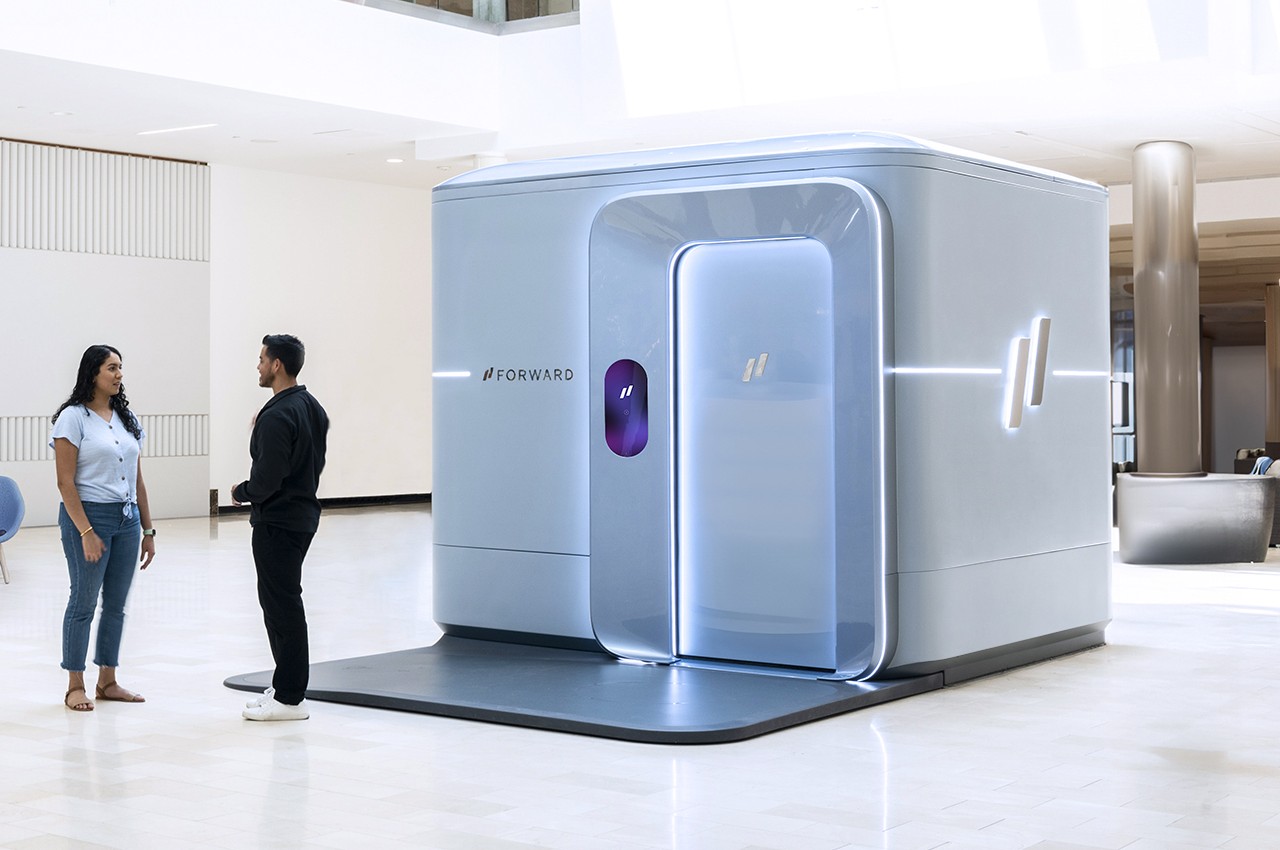
We’re all advised to get regular checkups, especially when we start to feel something’s amiss. Unfortunately, access to healthcare services isn’t always easy or convenient. Clinics might be far away or doctors might have very long waiting times. Wouldn’t it be nice if you could just walk into a room, use a few gadgets and gizmos, receive a quick diagnosis of your health, and maybe even get a legit prescription, all without even having to even physically meet with the physician? That’s the kind of quick and stress-free experience that the Forward CarePod is promising as the world’s first “AI Doctor’s Office.”
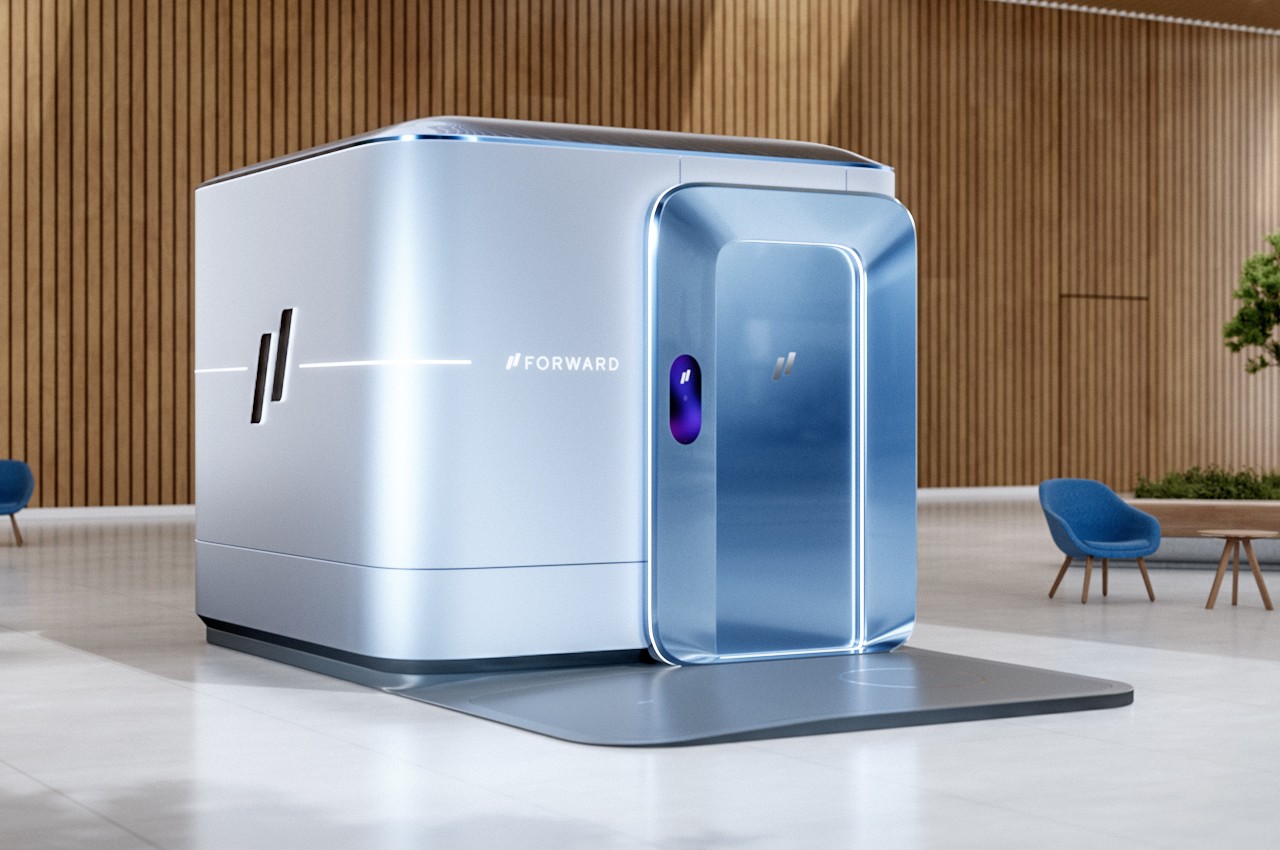
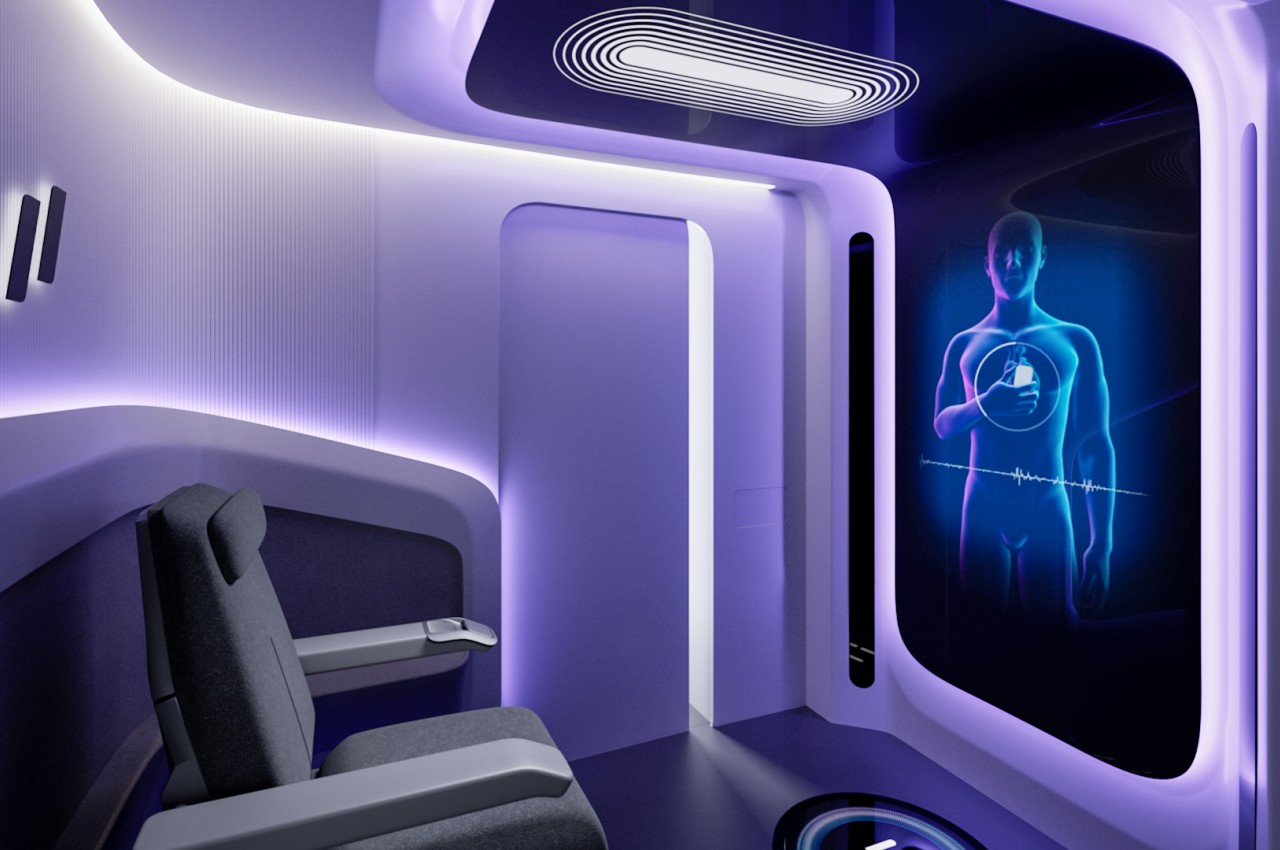
CarePod puts you in the driver’s seat of your health, almost literally considering the comfy chair inside the single-person room. You walk inside, answer a few tests to determine the kind of clinical test that needs to be done, and you use the provided tools to perform those tests, like drawing blood, swabbing your throat, taking your blood pressure, and the like. These are frontline clinical diagnostics that most nurses and doctors perform but can now also be done by yourself with the right tools, which means there will be no doctors or nurses inside CarePods. At least not human ones.
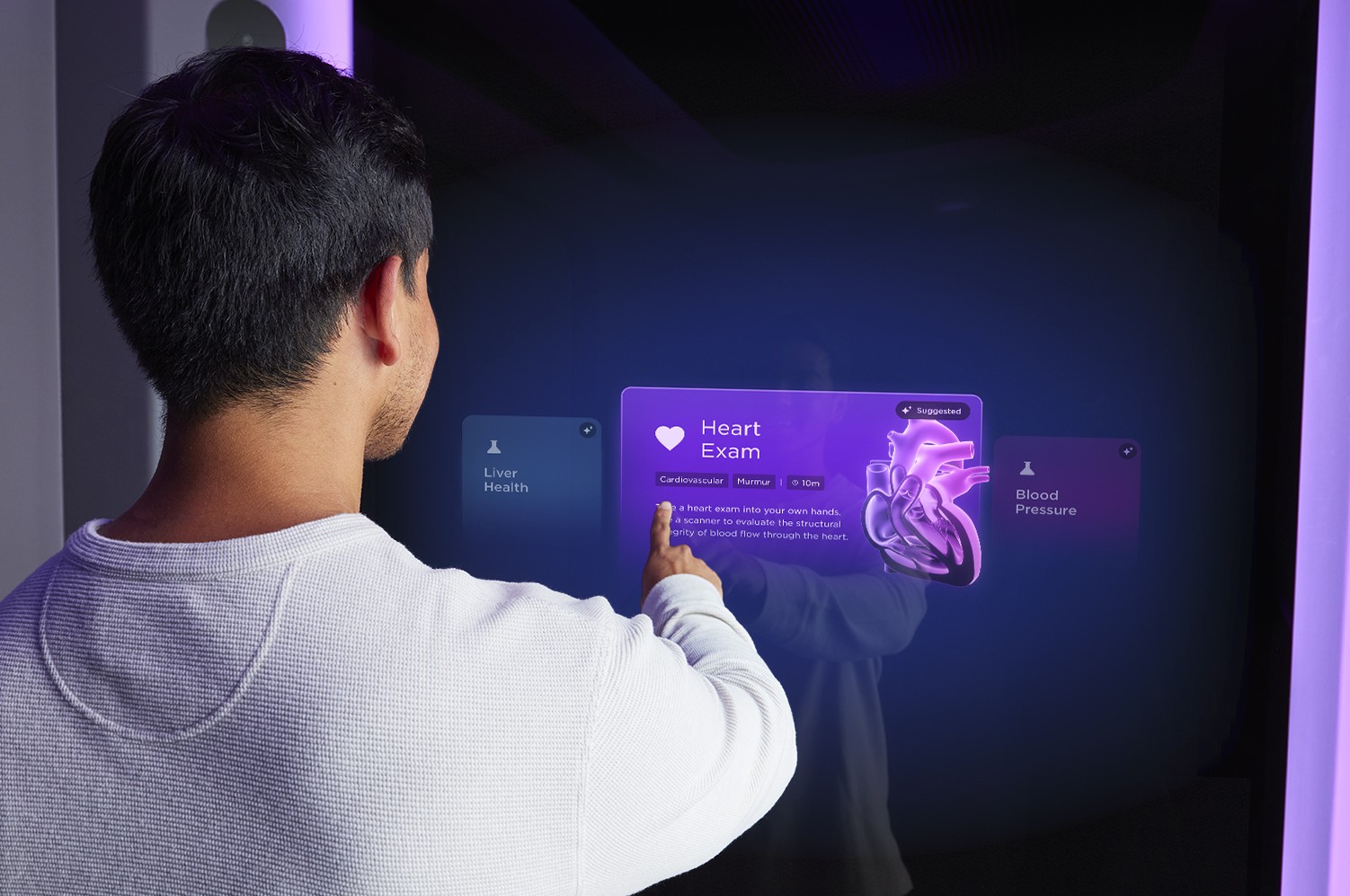
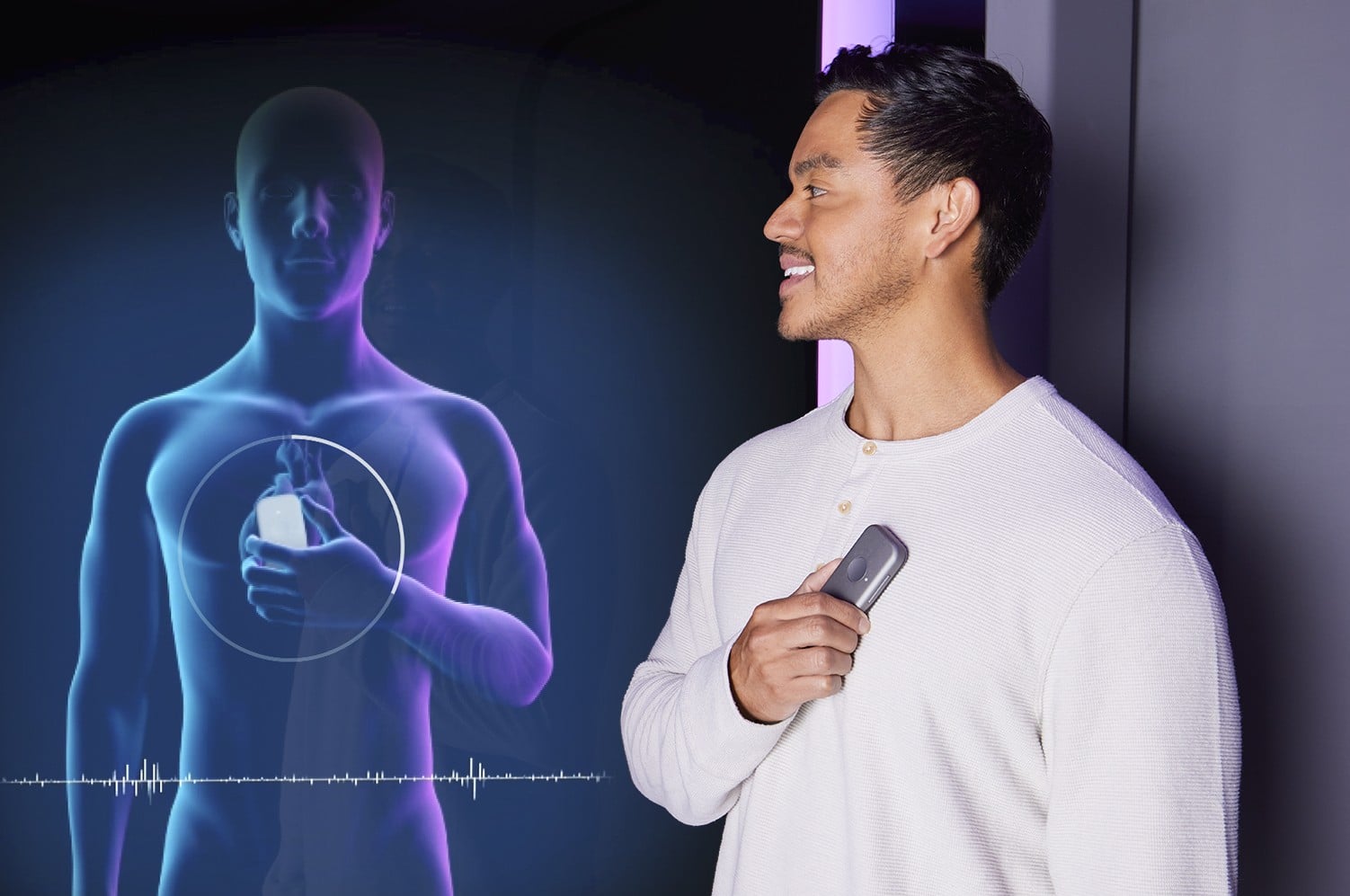
Of course, it isn’t enough to just get your diagnostic results. You’ll need a professional to interpret those results for you, which is also the job of physicians. With the CarePod system, however, that diagnosis is made by a proprietary AI that has learned from clinical expertise and the latest medical research. In addition to providing a diagnosis, that AI also formulates care plans called “Health Apps” that will guide the patient with programs and advice to address various diseases and disorders, including diabetes, hypertension, and even depression. CarePod doesn’t eliminate human doctors from the equation completely, as they are still needed for writing prescriptions or more in-depth consultations.
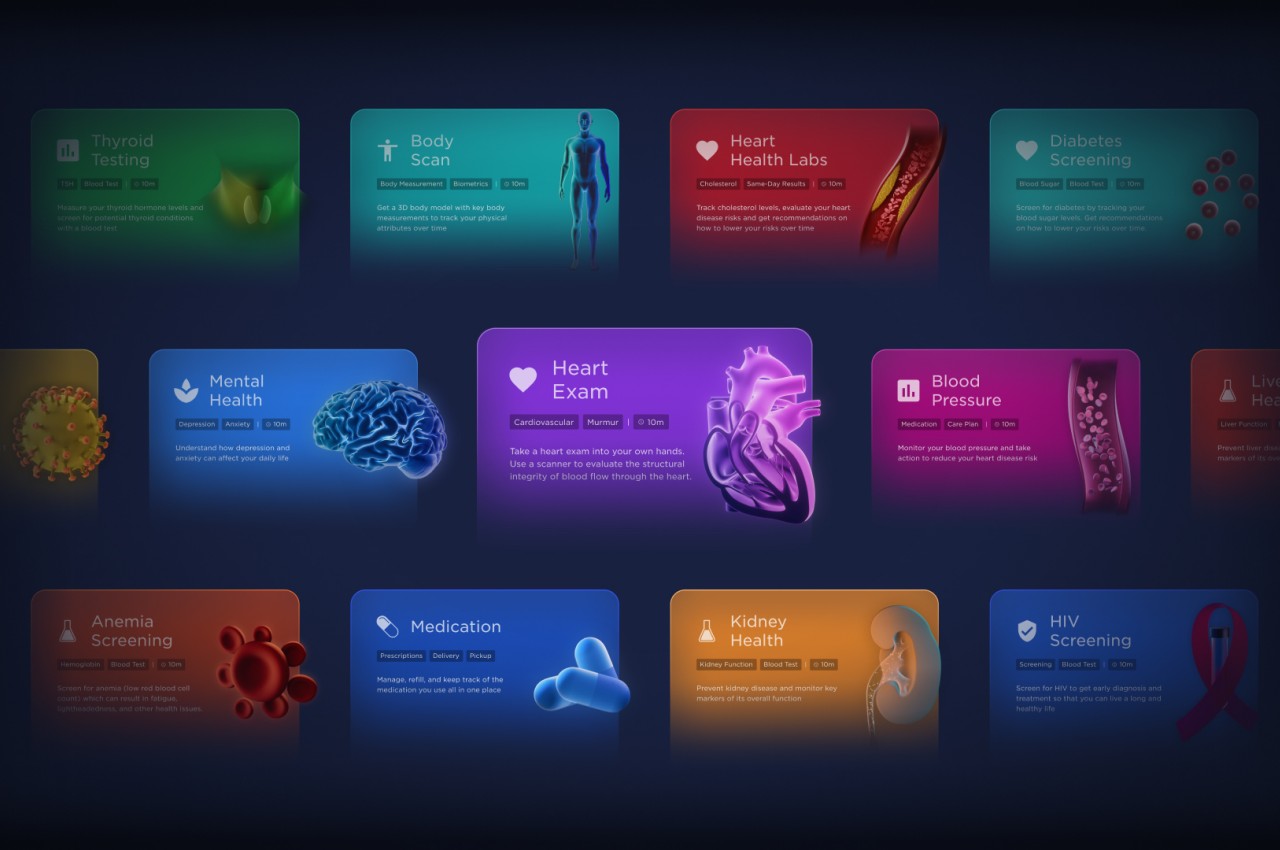
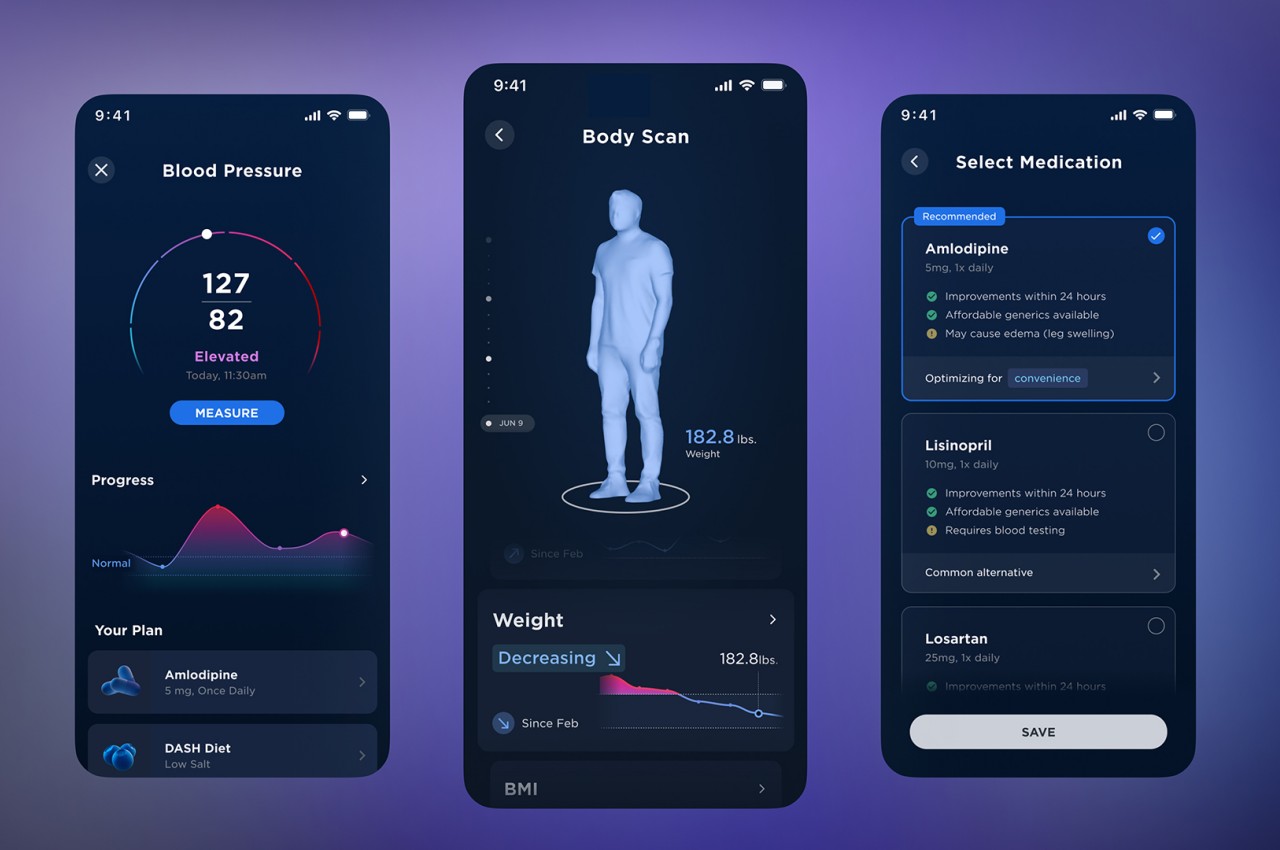
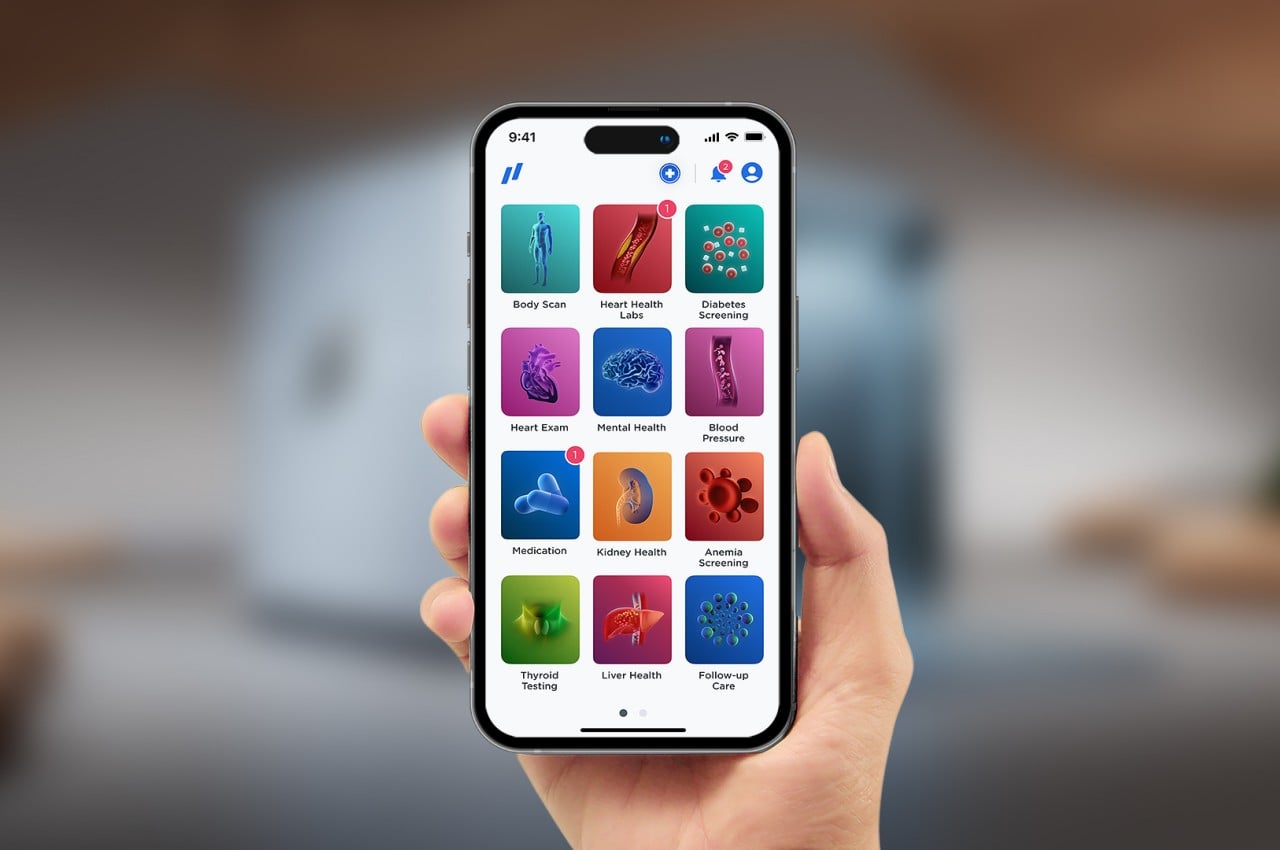
Impressive as all these technologies may sound, the most important aspect of CarePod is probably the fact that it can be installed almost anywhere. It is already being deployed in malls, gyms, and offices, places where clinical services are often unavailable, but it’s not hard to imagine these rooms being installed in every street corner in the future. This would give people access to healthcare that would otherwise be out of reach, which increases their chances of living healthier and longer lives.
